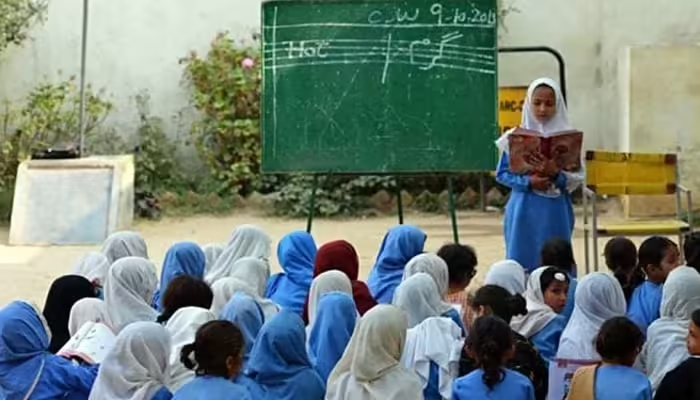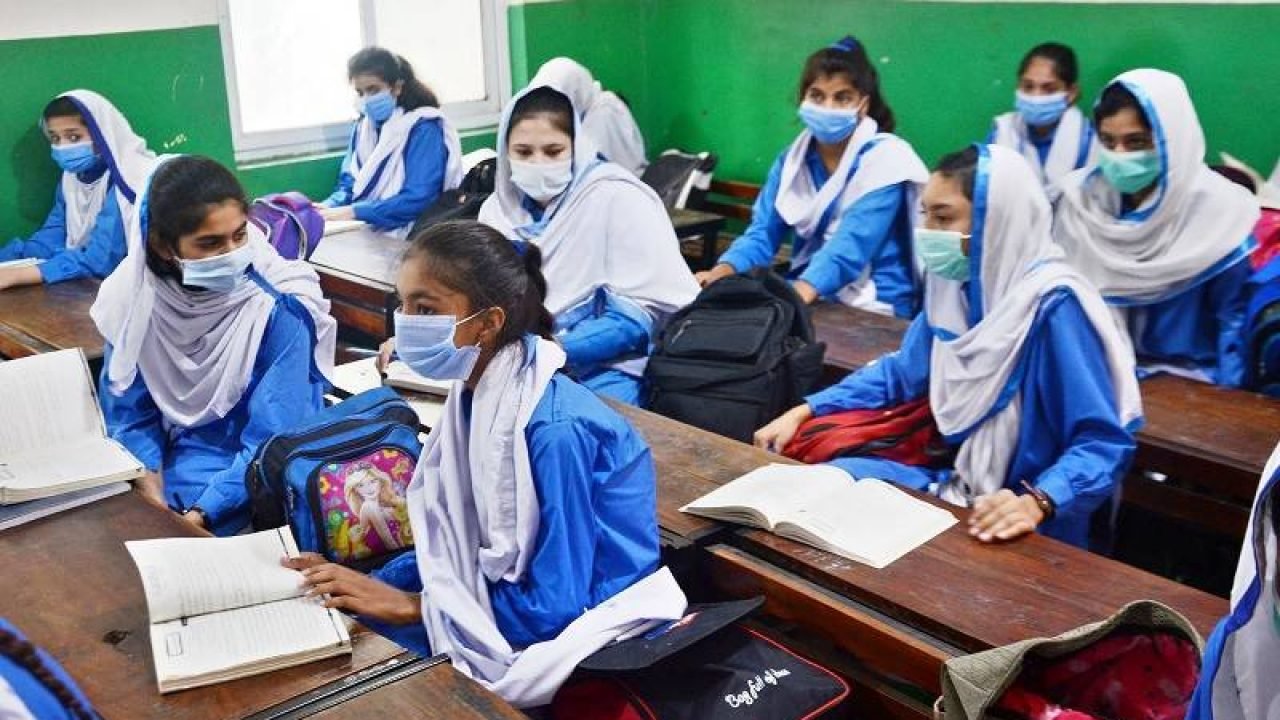In a recent meeting of the District Education Group, significant concerns were raised over the condition of educational institutions in Quetta. The review, chaired by Additional Deputy Commissioner (ADC) Muhammad Anwar Kakar, revealed disturbing figures: out of 678 schools managed by the Quetta-based education department, 149 schools were found to be inactive, and 25 teachers have reportedly been absent continuously for the past two years.
The Scope of the Problem
A report presented by the Real-Time Compliance Monitoring (RTCM) in the meeting disclosed that 25 teachers in Quetta have not shown up for work in two years. This revelation indicates a severe lack of oversight and enforcement within the educational system. Furthermore, out of the 678 schools under the department’s supervision, 149 schools were reported as non-functional, which represents nearly a quarter of the district’s schools. The inactive status of these schools deprives countless children of their basic right to education, contributing to the ongoing challenges in literacy and skill development in the region.
These findings echo recent actions taken by the Balochistan education department against absenteeism. In other areas of the province, similar issues have been identified and addressed; for instance, 114 teachers who had been absent for three years were dismissed, while 68 teachers faced termination due to absenteeism in an earlier drive to tackle this issue. The trend across Balochistan shows a systemic problem in teacher attendance and school functionality that demands urgent action.
Departmental Actions and Plans
During the meeting, ADC Muhammad Anwar Kakar underscored the importance of accountability and continuous monitoring. He announced that a daily attendance report would now be compiled for teachers in Quetta, especially for those who remain absent or are receiving salaries without fulfilling their duties. Teachers who hold positions but reside elsewhere will face scrutiny, and those taking salaries without providing services will be held accountable through strict departmental action.
The education department’s strategy now includes close surveillance of absentee teachers, and daily reports will be submitted to ensure swift action. For teachers absent without valid reasons, the consequences may include suspension, termination, or other disciplinary measures. The move signals a shift towards more rigorous oversight, aiming to curb absenteeism and bring about more accountability within the educational system.
The Impact on Education in Quetta
The lack of active schools and absenteeism among teachers has dire implications for Quetta’s education landscape. When schools are inactive and teachers are absent, students suffer the most. These gaps in the education system disrupt children’s learning and contribute to high dropout rates, creating a ripple effect that affects the community at large. Access to quality education is already a challenge in Balochistan, and inactive schools and absenteeism further compound these challenges.
Moreover, with limited functional schools, students often have to travel longer distances to attend classes, increasing their risk of discontinuing education altogether. In many cases, parents are reluctant to send their children to distant schools due to safety concerns or the cost of transportation. This situation ultimately adds to the literacy and educational gap, which has long-term implications for economic development and social stability in the region.
Measures for Revitalizing the Education Sector
While taking action against absentee teachers is an essential step, a broader approach is necessary to address the underlying causes of absenteeism and school inactivity. The education department may consider measures such as regular inspections of schools, stricter hiring and performance policies, and community involvement in school monitoring.
Another effective measure could be the implementation of a robust attendance tracking system. By utilizing technology, such as biometric attendance or mobile-based tracking, the department could ensure real-time monitoring of teacher attendance. This would allow for immediate action in cases of absenteeism and prevent teachers from receiving salaries without performing their duties.
Community Engagement and Transparency
The meeting also highlighted the need for greater transparency and involvement of local communities in the monitoring process. Community watch groups or parent-teacher associations can play a critical role in ensuring that schools operate effectively and that teachers fulfill their responsibilities. Engaging parents and local leaders in the oversight of schools can provide an additional layer of accountability, helping the education department identify issues on the ground more quickly and accurately.
By fostering a culture of accountability and encouraging communities to take ownership of their local schools, the education department can build trust and create a more sustainable, effective education system in Quetta.
Moving Forward: A Call to Action
The situation in Quetta calls for immediate, decisive action to improve the state of education. The education department’s commitment to holding absentee teachers accountable is a positive development, but it is only the first step. Establishing more rigorous accountability measures and ensuring that schools are functional and accessible to all students should be top priorities.
As ADC Muhammad Anwar Kakar emphasized, the crackdown on absenteeism must continue. At the same time, additional resources may be needed to support struggling schools and recruit qualified teachers willing to work in challenging environments. Addressing these challenges will require a coordinated effort involving the education department, local government, communities, and relevant stakeholders. With sustained commitment and a focus on accountability, there is hope that the quality and accessibility of education in Quetta can improve, offering more children the opportunity to learn and succeed.
The findings from the recent review highlight the urgent need for structural reforms and community involvement. Through consistent enforcement, technological solutions, and local engagement, Quetta’s education system can be revitalized, ensuring that no child is denied their fundamental right to education.



